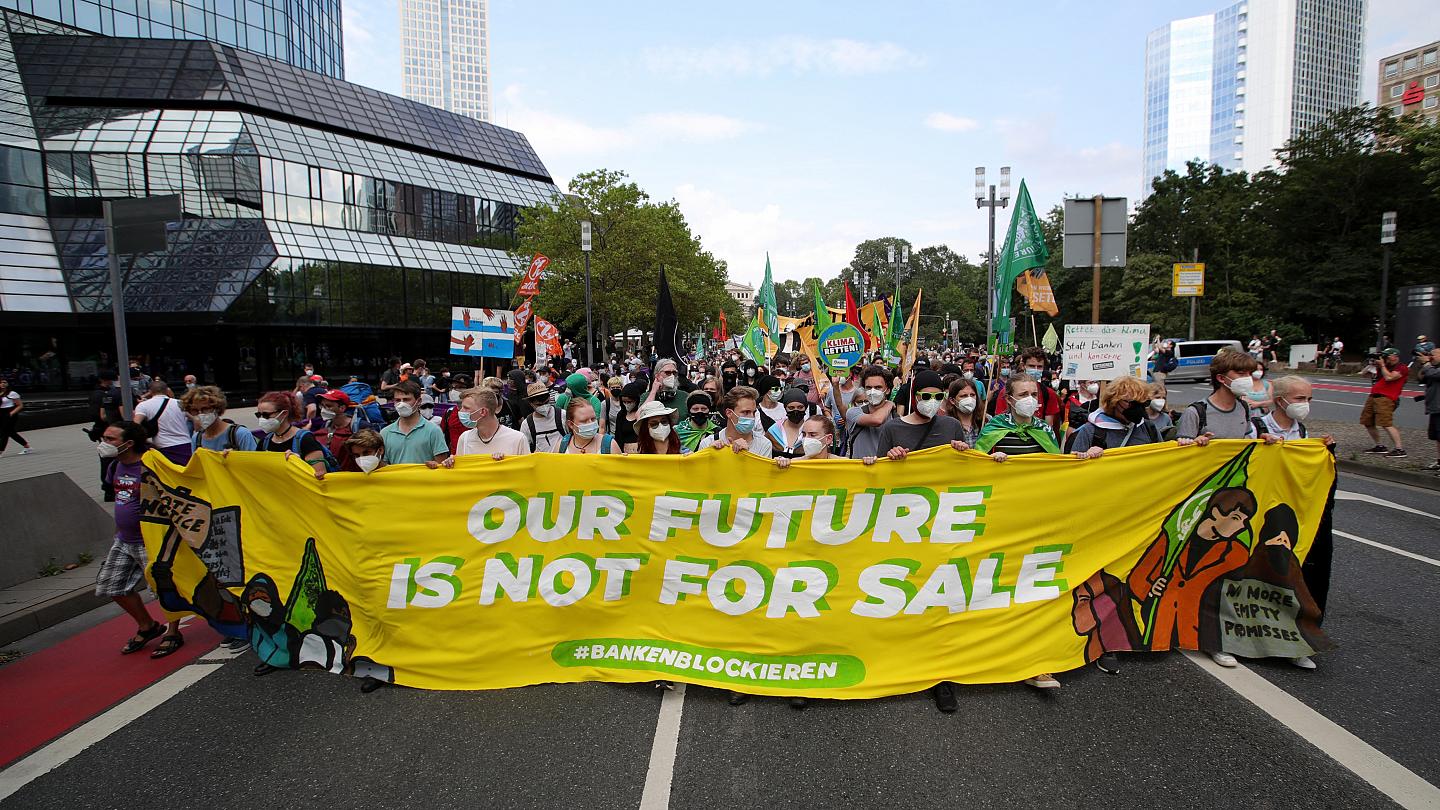We’ve heard every sorry excuse in the book from the big banks as to why they’re still financing coal, oil and gas. Here are some of the main arguments banks used and the arguments for why they don’t stack up.
1) “IF WE DON’T FUND COAL, OIL, GAS SOMEONE ELSE WILL JUST DO IT”
Banks should be focused on their own responsibility to reduce their financed emissions, not that of their competitors.
You will be held accountable for your actions and held to the warm words you publish about your commitment to tackling climate change.
At this point, a lot of financial institutions have, to some extent, committed to stopping financing coal. For banks to be the lenders of last resort for bad assets just amplifies the risk.
2) “WE PREFER TO ENGAGE WITH OUR CLIENTS ON THEIR TRANSITION”
Supporting companies that are developing new fossil fuel projects that science has proven to be inconsistent with global climate targets is clearly not supporting a transition.
An important point of influence is at the time of transaction when banks can say yes or no to a deal; they can have more influence than shareholders do.
You’ve had plenty of time to engage. If you continue “engaging” after so many years without results, you’re just using engagement as an excuse.
3) “DEVELOPING COUNTRIES DEPEND ON CHEAPER ENERGY FOR THEIR DEVELOPMENT”
Renewable technologies can better serve the energy needs of low-income regions and are becoming more competitive than coal in many regions of the world. See here
Coal power is not a prerequisite for economic development and has received too much credit historically for poverty reduction. See here.
The expansion of coal infrastructure anywhere in the world is incompatible with the Paris goals and a failure to meet the goals will disproportionately affect low-income countries.
4) “BANKS ARE NOT RESPONSIBLE FOR THE EMISSIONS OF THE COMPANIES THEY FINANCE”
This argument is out-dated. Even banks themselves are starting to address their emissions associated with clients, through targets to reduce these over time.
Mainstream investors are also calling for banks to take responsibility and reduce their financed emissions.
5) “IF WE ELIMINATE FOSSIL FUEL SUPPLY, THE US WILL HAVE TO IMPORT MORE, REDUCING SUPPLY WOULD INCREASE PRICES AND HURT THE MOST VULNERABLE”
The US already imports around 9 million barrels a day. The only way to increase energy security is to get off oil, not to produce more.
No one is proposing “eliminating” supply overnight. It’s already going to take two to three decades to transition off the fossil fuels already in production. We have to start now by stopping expansion.
Solar energy will provide cheap, reliable energy to the poorest around the world, without the boom and bust nature of fossil fuels that have plagued the last century.







